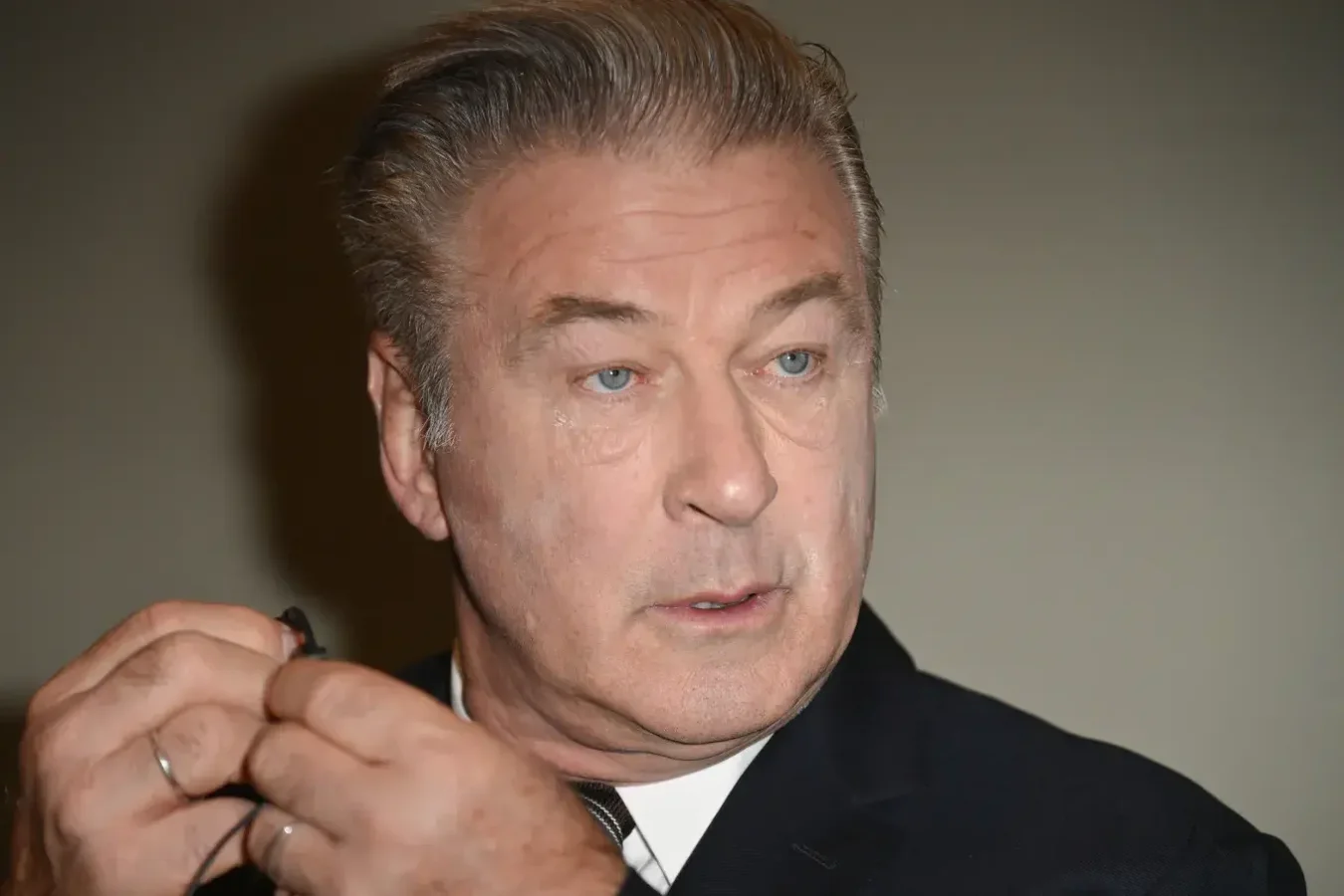Alec Baldwin has refused to attend a deposition scheduled for September 19, 2024, regarding the fatal shooting of cinematographer Halyna Hutchins on the set of the film Rust. His legal team filed objections on September 10, stating that the deposition set by Serge Svetnoy, a former gaffer on the film, conflicts with a prior agreement for Baldwin to be deposed only once for related lawsuits.
Legal Arguments Over Single Deposition for Multiple Lawsuits
Baldwin’s attorneys insisted that the actor will not submit to any depositions until all parties agree he only has to give testimony one time that can be used in both Svetnoy’s lawsuit and another pending case in New Mexico. They informed Svetnoy’s side on August 28 that the scheduled deposition would not proceed, because plaintiffs in the other case have not consented to this arrangement. Baldwin’s team said they will set the deposition date once the court approves the one-time deposition demand.
Background of Svetnoy’s Emotional Distress Lawsuit
Serge Svetnoy filed his suit in 2021, claiming emotional distress after witnessing the fatal shooting of Halyna Hutchins. He described the trauma of seeing his friend die when Baldwin fired a gun that was unintentionally loaded with a live round on October 21, 2021. Baldwin, then 67 and a producer on the film, denied all allegations of wrongdoing and sought dismissal of the case.

Criminal Charges Dropped; Manslaughter Case Not Reopened
Baldwin faced criminal manslaughter charges related to the incident, but these were dismissed in July 2024 due to alleged prosecutorial misconduct. Later, in October 2024, a judge declined to reopen the case despite requests by prosecutors. The legal decision ended the criminal proceedings against Baldwin, although civil litigation remains ongoing.
Claims of Negligence and Emotional Harm
On social media, Svetnoy accused negligence and unprofessional conduct for the circumstances leading to Hutchins’ death. He alleged in his lawsuit that he suffered severe emotional distress after a live bullet nearly struck him. Baldwin’s attorney responded with a statement describing the tragedy:
“an accidental shooting took the life of cinematographer Halyna Hutchins on a movie set just outside of Santa Fe, New Mexico. She left behind a husband, Matthew Hutchins, and a son, who lived in California. They filed claims in New Mexico for wrongful death and loss of consortium.” —Baldwin’s lawyer
The attorney further explained that Baldwin had reached a settlement with Hutchins’ husband.
Response to Svetnoy’s Lawsuit and Emotional Damage Claims
Baldwin’s lawyer emphasized that the case with Hutchins’ family was resolved but criticized Svetnoy’s lawsuit. As stated:
“That should have been the end of the matter. But it was not. Serge Svetnoy filed this lawsuit, alleging injuries based solely on his being close by when the prop gun went off and the live round — which should not have been in the gun and for which those responsible for it had just told Mr. Baldwin that it was unloaded — traveled in front of [Svetnoy].” —Baldwin’s lawyer
The lawyer added that Svetnoy suffered no physical injury, but claimed emotional suffering:
“He sustained no physical injury. But he claims to have suffered mental anguish. That’s understandable. The same can be said for many people who were on the set that day.” —Baldwin’s lawyer
Despite acknowledging the distress, Baldwin’s defense denies any liability for the damages claimed.
Legal and Emotional Implications Moving Forward
Alec Baldwin’s refusal to attend a deposition until the court permits a one-time questioning highlights ongoing tensions in the civil litigation following the Rust tragedy. With multiple lawsuits filed and emotional stakes high for those involved, the court’s ruling on Baldwin’s deposition demand will be a critical step. The outcome may influence how depositions proceed in both Svetnoy’s emotional distress case and the wrongful death lawsuit brought by Hutchins’ family. Meanwhile, the dismissal of Baldwin’s criminal case removes that avenue of legal exposure, shifting focus solely to civil claims.
